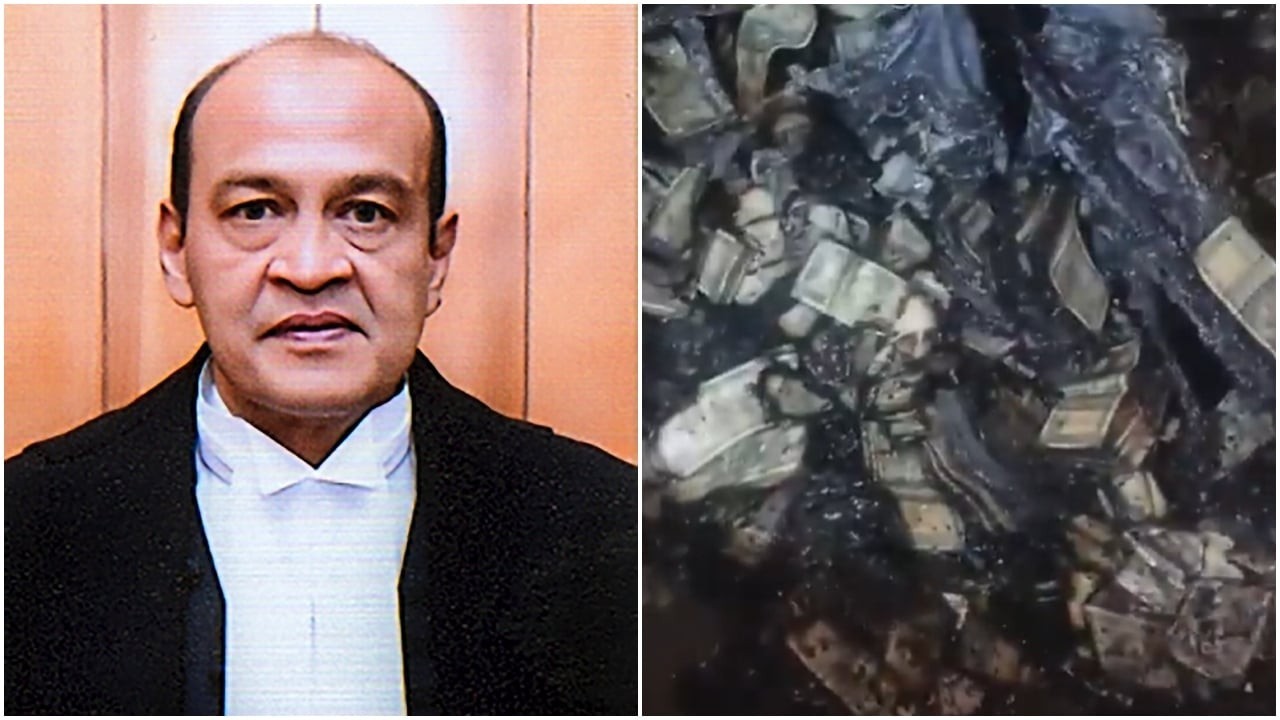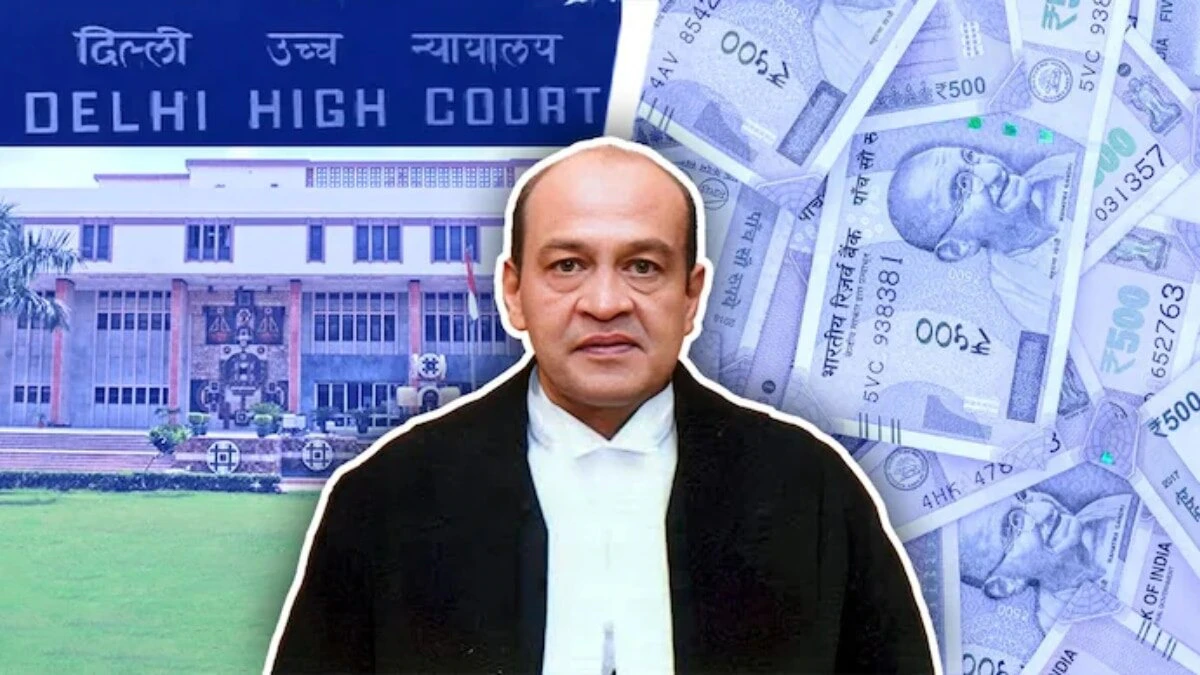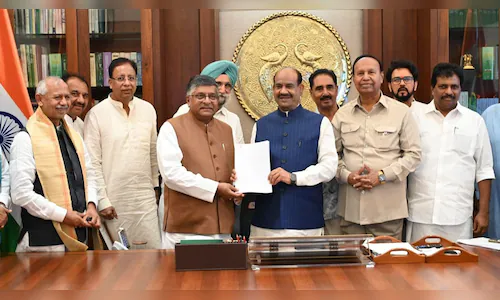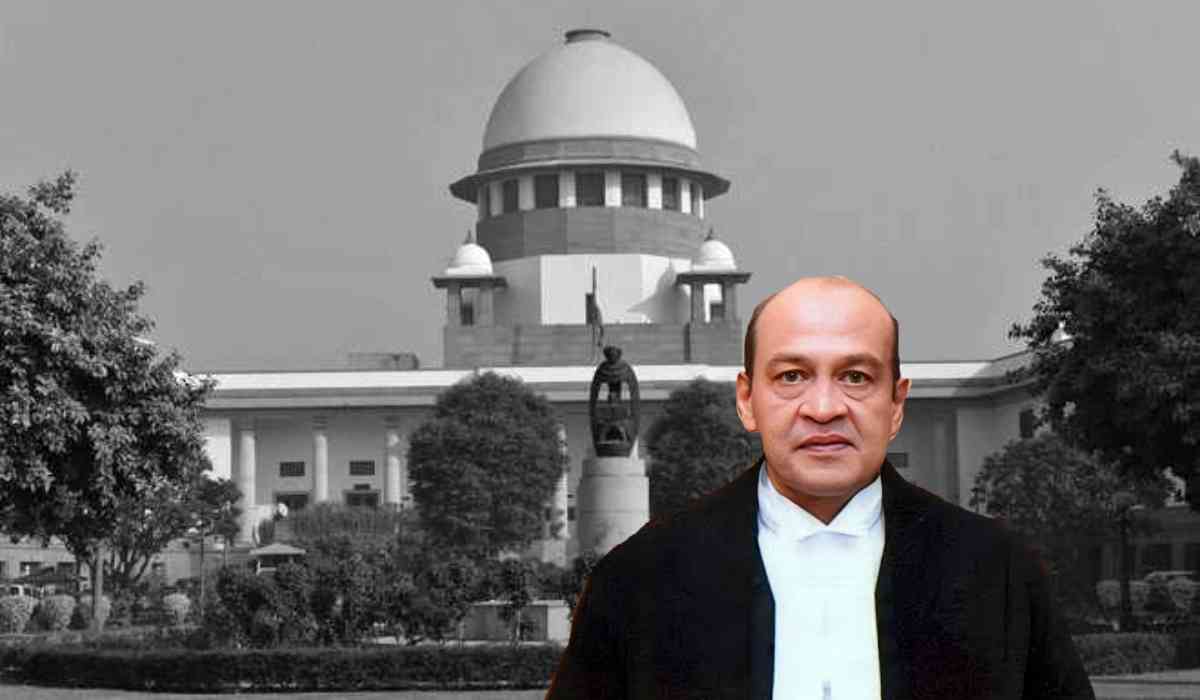In an extraordinary turn of events that has gripped the nation, Justice Yashwant Varma — a former judge of the Delhi High Court, now reinstated to the Allahabad High Court — is at the centre of India's most high-profile judicial scandal in recent memory. The incident has triggered a rare and dramatic impeachment motion, with over 200 Members of Parliament (MPs) from across political lines moving to unseat him after the discovery of piles of burnt ₹500 notes at his official residence.
This is more than just a corruption scandal; it’s a constitutional moment — potentially the first-ever judicial impeachment in independent India’s history.

The Cash Discovery That Sparked the Storm
On the night of March 14, 2025, a fire erupted at Justice Varma’s government-allotted residence in central Delhi. Firefighters arrived swiftly, only to make a shocking discovery: a large stash of charred and partially burnt currency notes, hidden in a storeroom outhouse detached from the main residence.
What followed was a media and political firestorm. The Delhi Police Commissioner reportedly briefed both Union Home Minister Amit Shah and Delhi High Court Chief Justice DK Upadhyay. A video of the cash recovery went viral, heightening public outrage and bringing the judiciary under intense scrutiny.
Justice Varma’s Denial and Legal Counterattack
Justice Varma swiftly responded, labelling the accusations as a “preposterous conspiracy” designed to tarnish his reputation. He stated he was not even present in Delhi at the time of the fire, claiming he and his wife were traveling in Madhya Pradesh. His family, including his daughter and elderly mother, were at home during the incident.
“Neither I nor any of my family members had any knowledge of the cash... This room was used for storing miscellaneous items like old furniture, carpets, and CPWD material. It was not part of my residence,” he said in a formal statement.
Despite his assertions, the Supreme Court constituted a three-member inquiry committee to investigate the matter. Justice Varma later filed a writ petition in the apex court to invalidate the committee's findings, arguing that he was denied a fair hearing and that the committee exceeded its jurisdiction.

Parliament Steps In: Impeachment Motion Gathers Steam
On July 21, 2025, the impeachment proceedings formally commenced in the Lok Sabha, after a memorandum signed by 145 Lok Sabha MPs and 63 Rajya Sabha MPs was submitted to Speaker Om Birla and Chairman Jagdeep Dhankar respectively.
This is a rare show of unity across political lines, with signatories including:
-
Rahul Gandhi (Congress)
-
Anurag Thakur and Ravi Shankar Prasad (BJP)
-
Supriya Sule (NCP)
-
KC Venugopal (Congress)
-
Rajiv Pratap Rudy and others
The memorandum invokes Articles 124, 217, and 218 of the Indian Constitution, alongside the Judges Inquiry Act of 1968, which lays out the framework for judicial impeachment.
The Impeachment Process in India: A Rare Mechanism
The Constitution doesn't explicitly use the term "impeachment" for judges, but the Judges Inquiry Act, 1968, provides a detailed process:
-
Initiation: Requires 100 Lok Sabha or 50 Rajya Sabha MPs to sign a motion.
-
Admission: The Speaker or Chairman decides whether to admit the motion.
-
Investigation Committee: If admitted, a three-member panel is formed, comprising:
-
One Supreme Court judge
-
One Chief Justice of a High Court
-
One distinguished jurist
-
-
Charges & Defence: The committee frames charges; the judge is allowed to respond.
-
Report Submission: If the judge is found guilty, the report is sent to the House.
-
Voting in Parliament: Both Houses must pass the motion with a two-thirds majority.
-
Presidential Order: If both Houses agree, the President signs the order of removal.
The process is designed to ensure judicial independence while holding judges accountable for proven misconduct.

The Inquiry Findings: “Covert or Active Control”
The three-judge committee—comprising Chief Justice Sheel Nagu (Punjab & Haryana HC), Chief Justice GS Sandhawalia (Himachal HC), and Justice Anu Sivaraman (Karnataka HC)—conducted a 10-day probe, examining 55 witnesses and visiting the fire site.
Their findings were damning.
According to the 64-page report, submitted to then-CJI Sanjiv Khanna, there was “strong inferential evidence” that Justice Varma and his family had covert or active control over the storeroom where the burnt cash was discovered. Forensic and electronic evidence indicated that the currency may have been removed discreetly just before the incident became public.
The report was forwarded to President Droupadi Murmu and Prime Minister Narendra Modi, alongside a formal recommendation for impeachment.
Political Reactions and Legal Tensions
While the Union Law Ministry claims the government is not actively steering the process, Parliamentary Affairs Minister Kiren Rijiju confirmed bipartisan support for the motion.
“This is a matter of grave concern for the integrity of the judiciary. Over 100 MPs have signed the motion, and all political parties are on board,” Rijiju said.
Meanwhile, Justice Varma has maintained his stance of innocence, stating that even the advice from CJI Khanna asking him to resign was “fundamentally unjust.”
In the Supreme Court, a dramatic exchange took place when advocate Mathews Nedumpara sought an FIR against Justice Varma and referred to him simply as “Varma.” The CJI B.R. Gavai rebuked the advocate, saying:
“Is he your friend? He is still Justice Varma. Have some decorum.”
Will Justice Varma Become India’s First Impeached Judge?
Despite numerous impeachment attempts in India’s judicial history, no judge has ever been impeached. Some resigned before the process could conclude, while others were cleared or protected by political maneuvering.
Past Impeachment Attempts:
-
Justice V. Ramaswami (1991) – Found guilty but saved by political abstention.
-
Justice Soumitra Sen (2011) – Resigned after Rajya Sabha passed motion, before Lok Sabha could vote.
-
Justice PD Dinakaran – Resigned before completion of inquiry.
-
Justice SK Gangele – Accused of sexual harassment, later cleared.
-
Justice CV Nagarjuna Reddy – Motion failed after MPs withdrew.
-
CJI Deepak Misra (2018) – Motion rejected outright by Rajya Sabha Chairman.
-
Justice Shekhar Kumar Yadav (2024) – Ongoing; accused of hate speech.
Justice Varma may well go down in history as the first Indian judge to be constitutionally removed, depending on how Parliament and the President act upon the committee’s report.
A Crucible for Indian Judiciary
The case of Justice Yashwant Varma is more than an isolated scandal — it’s a litmus test for judicial transparency, accountability, and the strength of India’s constitutional checks and balances. As the Monsoon Session progresses, all eyes will be on Parliament. The outcome will likely define public trust in the judicial system for years to come.
One thing is certain: this is not just about one judge, but about the very integrity of the Indian judiciary.
With inputs from agencies
Image Source: Multiple agencies
© Copyright 2025. All Rights Reserved Powered by Vygr Media.






















